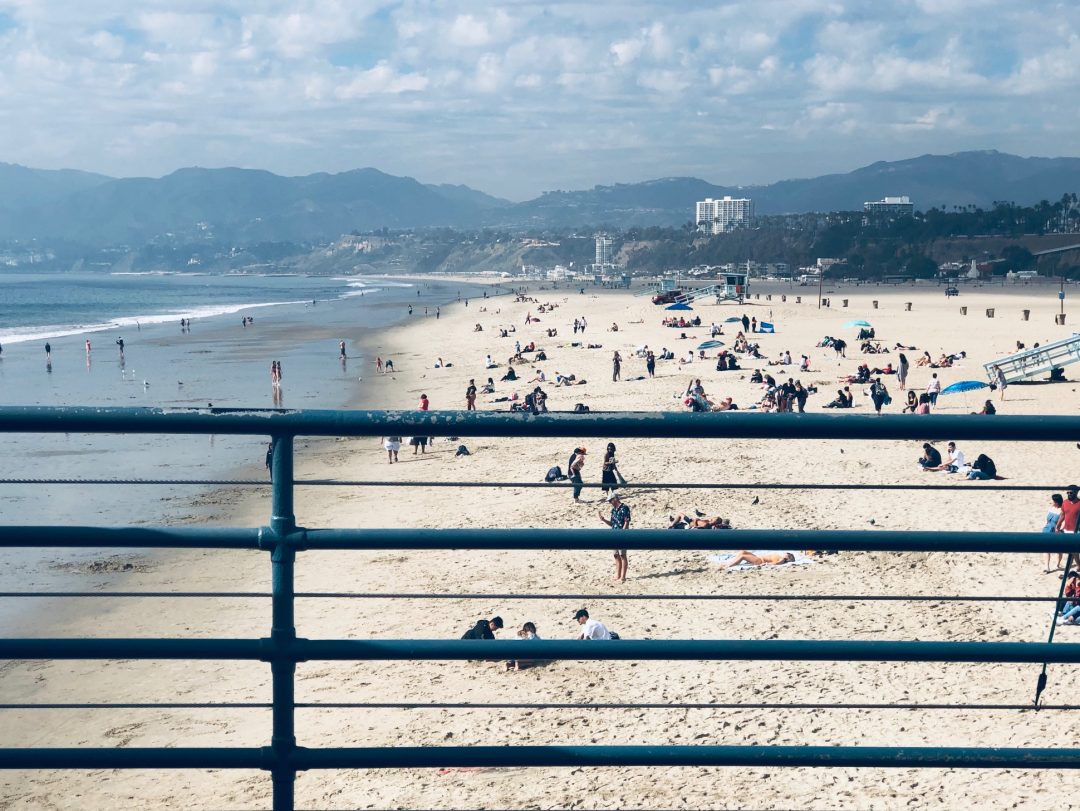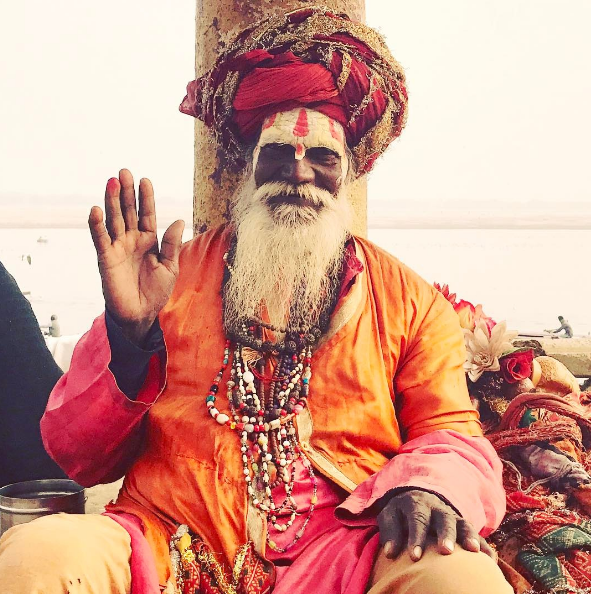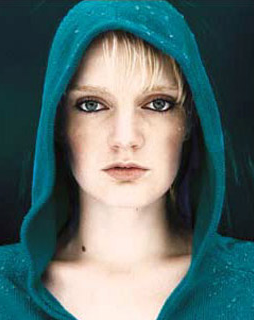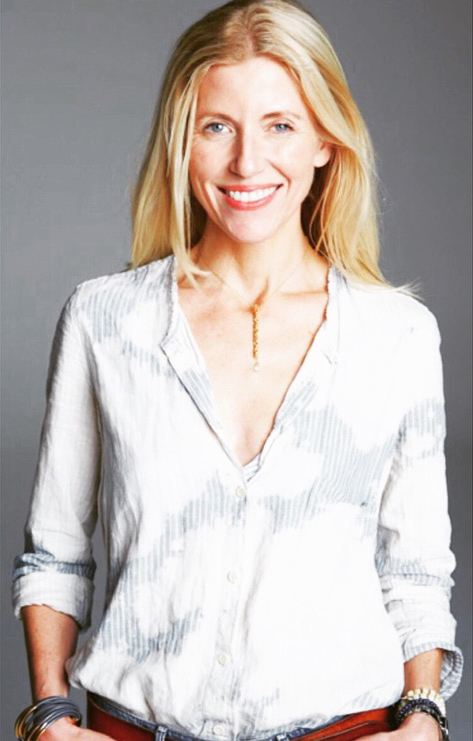
This word and emotion has fascinated me for years. When I see it in play, whether between parent and child, entrepreneur and idea, between Frida and Diego or in the more solitary waters of personal callings — I can’t help but survey my own life for signs of its indelible footprint.
Devotion implies love and purpose — a deep and unwavering knowing. For me, it represents territory where fewer decisions need to be made; where thinking is almost bypassed, because nature and instinct initiate the direction.
To be without it is to miss the quiet, non-negotiable and unmistakable pull. To be blinded by it is to lose all perspective about anything else that might matter.
I think as we learn to “manage” in our adult lives — whether emotions, expectations, standards, sense of possibility — as our priorities are tested or we take bigger swings and risks, it’s no surprise that we crave the singularity of devotion more than ever. For myself, I love the “no matter what’s,” because at least I know the score, despite the implications or tradeoffs. It’s the straddling, the paralysis, the exhaustion of choice — standing at the fork of any road — that becomes heavy and layered with fog.
Yet, without clarity about where to put our attention, how to spend our thoughts, with whom to invest our sacred minutes, there’s a certain kind of suffering that tears at our deepest fibers.
In fact, I’m beginning to appreciate the strength of all emotion, even in tidal proportions. The price of unequivocal clarity, in contrast to ambivalence, sounds like relief, even as I write it. This becomes even more true if you happen to live in a world of abundant choice; which most of us reading here do.
To be devoted is to be free.
And just as much, to be devoted is to be constrained.
This paradox is the surprising truth (and pain) of devotion.
Sometimes it’s is a choice.
Sometimes it’s a truth.
The greatest gift and in equal measure the greatest anguish of this emotion is that we can’t be devoted to everything… or everyone.







